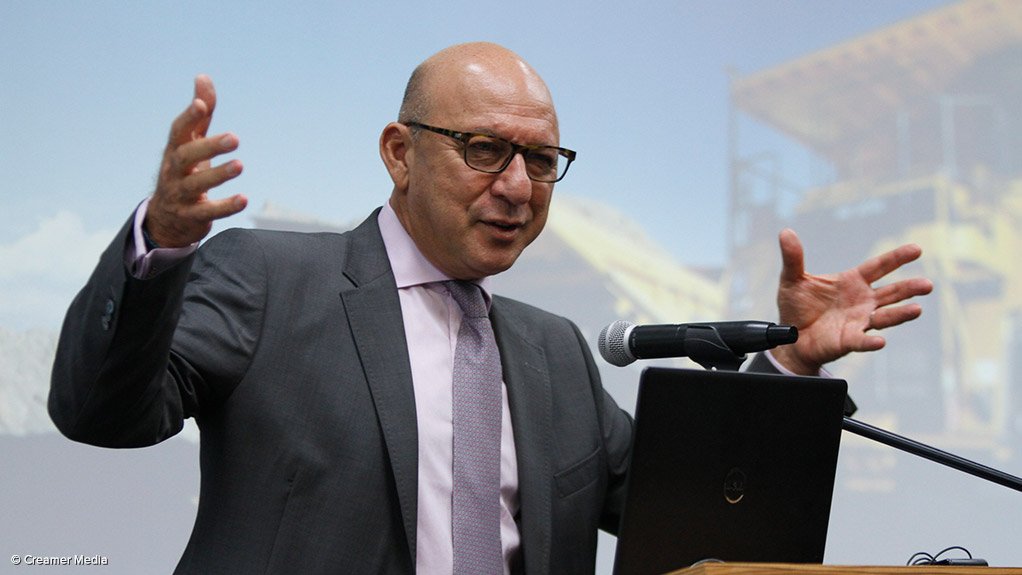Africa's business sector and governments must push harder in addressing the challenges facing the continent, as the biggest threat to its development is complacency, said insurance and investment management company Old Mutual chairperson and former South Africa Finance Minister Trevor Manuel.
"Economic growth of Southern Africa this year is expected at 2.5% and may go higher over time. However, the demographic dividend suggests that the population is growing faster than the economy is growing.
"Unless we engage with issues in a real way, per capita GDP [gross domestic product] will continue to decline because we are not attending to the big challenges present," he said on the first day of consultancy firm The European House – Ambrosetti's Southern Africa Europe CEO Dialogue. on November 9.
"The big challenge that is holding South Africa back is the rate at which infrastructure is deteriorating. We cannot grow unless we fix [State-owned] Eskom and bring in renewables much faster than we have been doing, and also seize hydrogen and other such opportunities.
"Africa must rise to the occasion, as the current environment is the greatest opportunity presented to Africa to develop," he said.
In the same way, a big change agent was road and rail infrastructure, which was a key issue for the European Union, and digital infrastructure could now be added to this, Manuel said.
"If we use Gauteng as an example, it is productive but landlocked and needs access to rail and ports and must preserve its roads by improving rail infrastructure.
"Unless we deal with the issues standing in the way of development as the first order of business, we will be stuck feeling sorry for ourselves in the future. We have to identify the engines of economy on the African continent and recognise that something has to happen to drive change," he stated.
Further, pan-African institutions were weak and did not develop sufficient common purpose.
"It should be to our eternal shame that the headquarters of the African Union are paid for by a foreign country. Our countries are not contributing sufficiently to the development of Africa," he said.
"We, as Africans, have a responsibility and we know what we should achieve, but we are not getting there."
He added that Africa was not dealing sufficiently with adequate policy responses. For example, tax collections were low. Similarly, debt relief policies were not adequately developed and there was a battle for fiscal space. Debt relief and fiscal space were important and would affect countries into the future.
Weak continental institutions also meant that Africa experienced lots of non-constitutional changes of power.
"Failure of policy on the African continent means that every year we see migrants – promising, bright people – drowning trying to get to Europe to eke out a living. We need to step up and deal with the issues we are facing. Policy and economic growth must be measured in how much they improve the daily lives of people," Manuel emphasised.
However, it is also important to understand how the continent can move forward. The change of the Organisation of African Unity into the African Union, the establishment of peer-review mechanisms and development programmes happened because a few like-minded heads of State responded to the changes in Africa.
"We need to reinvigorate ourselves with that energy that drove these unscripted initiatives, which responded to and drove change in Africa," he said.
EMAIL THIS ARTICLE SAVE THIS ARTICLE ARTICLE ENQUIRY
To subscribe email subscriptions@creamermedia.co.za or click here
To advertise email advertising@creamermedia.co.za or click here











